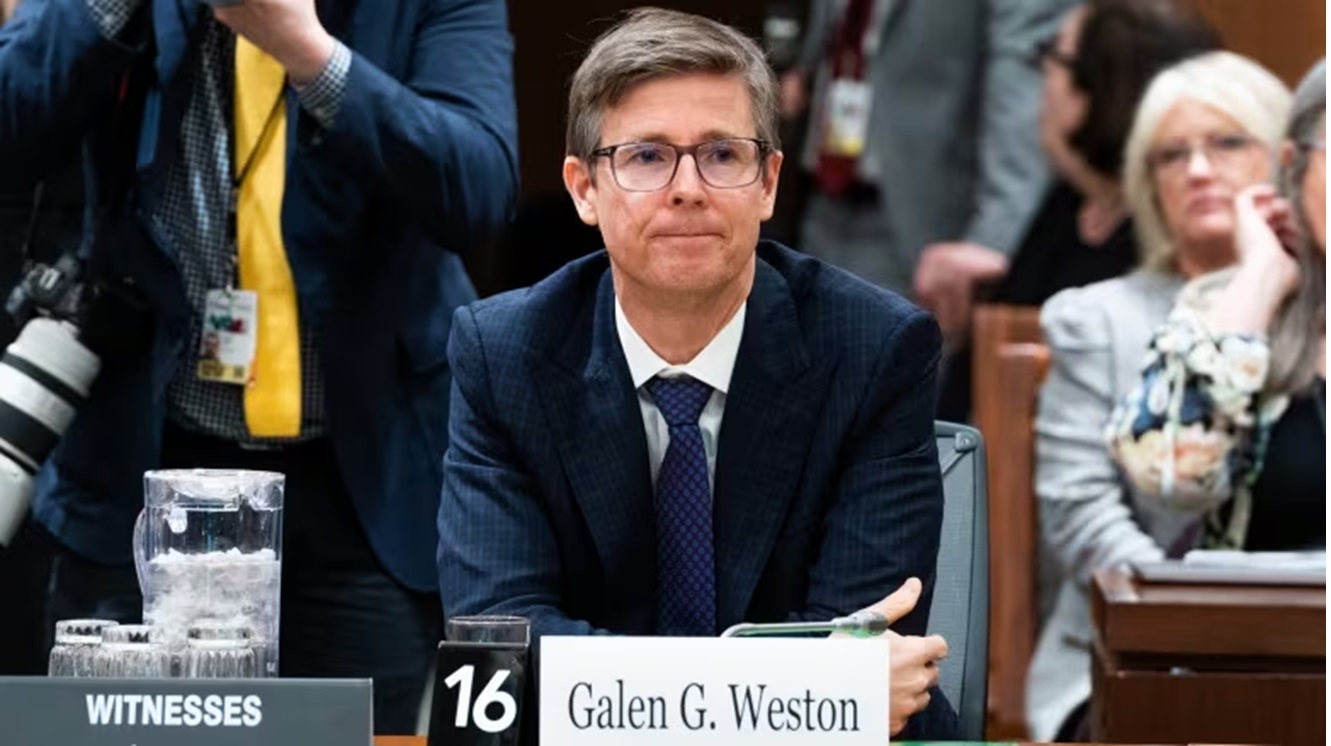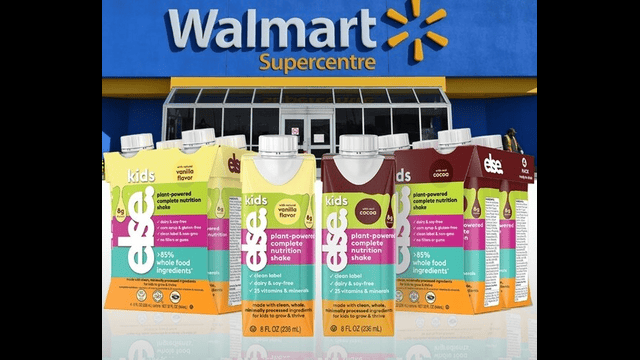
Loblaw CEO Galen Weston says that the grocery code of conduct will drive up food prices for consumers, not bring them down. (The Canadian Press)
The head of Canada's largest grocery chain, Galen Weston, expressed concerns about the impending implementation of the grocery code of conduct, suggesting that it could result in higher prices for consumers rather than the anticipated reduction. Weston, who serves as the executive chairman of the Loblaws group of companies, made these remarks during a session with the House of Commons agriculture committee focused on stabilizing food prices.
In Weston's view, both his company and the broader industry have been unfairly singled out for contributing to food price inflation. He emphasized Loblaws' active participation in discussions with the government on the matter and highlighted the company's efforts to lower prices on essential items, comprising around 10% of its overall sales. Weston also underscored the company's commitment to offering low everyday prices in its discount stores.
The parliamentary committee scrutinized Weston and Walmart Canada CEO Gonzalo Gebara on the issue of grocery prices, with a key focus on the grocery code of conduct. This proposed code aims to establish guidelines for the interactions between retail chains and their suppliers. While some food retailers and manufacturers have expressed support for the code, Loblaws and Walmart have shown reservations.
Weston outlined specific concerns with the proposed code, pointing to elements such as a dispute resolution mechanism involving an external third party and clauses related to written contracts, charges for various services, and fees for rejected orders. He argued that as currently drafted, the code could increase the cost of doing business and, counterintuitively, lead to higher retail prices.
While acknowledging Loblaws' commitment to complying with an officially enacted code, Weston asserted that the current version would not contribute to reducing grocery prices. Walmart's Gebara echoed similar sentiments, emphasizing the need for specific provisions and conditions in the code to support their commitment to offering low prices to customers.
In contrast, other food retailers like Metro and Sobey's have publicly expressed support for the grocery code of conduct. Sobeys head Michael Medline emphasized his company's active backing for the code over the past three years and expressed readiness to sign it immediately.
The debate over the grocery code of conduct extends to independent grocers, with Gary Sands of the Canadian Federation of Independent Grocers advocating for the code as a means to level the playing field between major players like Loblaws and smaller grocers. Sands argued that the code would eliminate distorted market practices and onerous fees imposed by larger retailers, benefiting everyone involved.
Despite differing opinions within the industry, the federal and Quebec agriculture and food ministers are urging all members of the grocery supply chain to sign onto the code of conduct. They expressed disappointment that the code has not yet been launched after years of development and that some supply chain partners are hesitant to embrace the voluntary code.















